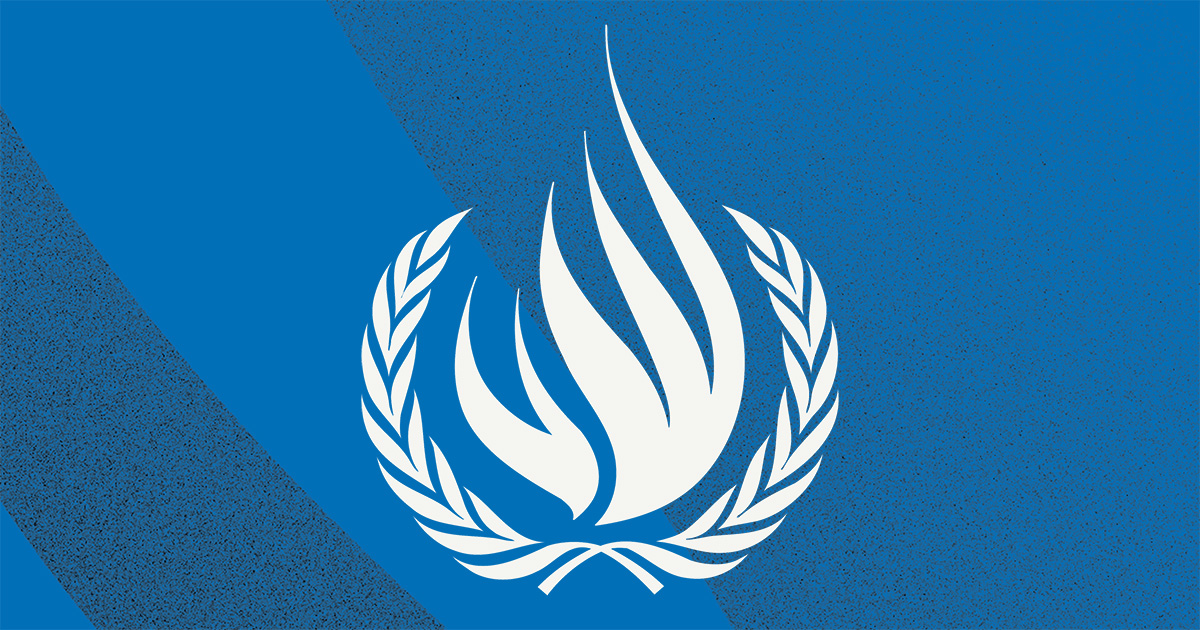
GENEVA (21 June 2022) – Trafficking in persons is a grave concern in the agricultural sector that affects both adults and children, resulting from high levels of informality and a lack of oversight and protection within the industry, a UN expert said today.
“The growth of agribusiness and the power of corporations, combined with the rapid pace of climate change have further exacerbated risks of trafficking in persons,” said Siobhán Mullally, UN Special Rapporteur on trafficking in persons, in a report to the Human Rights Council.
The report examines the prevalence of trafficking in persons in the agricultural sector, particularly for purposes of forced labour. It highlights the importance of mandatory human rights and environment due diligence measures to combat the issue.
The Special Rapporteur said child labour remained prevalent within the agriculture sector, with continuing significant risks of trafficking affecting both boys and girls.
Despite the global commitment to end child labour by 2025, the report expresses concern about the recent rise in the practice, with an estimated increase of 8.4 million child labourers globally over the past four years. Agricultural work is a recognised entry point into child labour, the expert said.
The Special Rapporteur’s report warns that women are particularly exposed to risks of trafficking and other forms of violence including sexual abuse and harassment. “When women’s agricultural work is invisible, the gaps in assistance, protection and prevention of trafficking measures are even greater,” Mullally said.
She observed that gender inequality in land ownership and security of tenure over land contributes to poverty, dependency and risks of violence. “Women and girls are trafficked for all purposes of exploitation, including forced labour, sexual exploitation and forced marriage,” the expert said.
According to the Special Rapporteur, discrimination against indigenous women and girls greatly increases risks of trafficking, and limits protection for indigenous women who are its victims. “Those risks are of particular concern in the agricultural sector, given the impact of agribusiness expansions on the rights of indigenous peoples to their land and collective ownership,” she said.
Mullally also noted that temporary, seasonal and migrant workers are provided with limited protection and remain at risk of exploitation. Restrictive migration policies persist, despite demand for agricultural workers, the expert said. “The COVID-19 pandemic saw the designation of agricultural workers as “essential”, yet this did not lead to improved worker protections or expanded safe migration pathways,” she said.
The Special Rapporteur’s report highlighted the crucial role trade unions and workers’ associations play in combatting trafficking in persons. It also emphasised the importance of mandatory human rights due diligence measures to tackle the issue.
Mullally also raised concerns about the impact of climate change on trafficking in persons. “Natural disasters and climate-induced migration or displacement may lead to exploitation of small-scale agriculturalists under debt-bonded conditions. The negative impact of climate change also affects those remaining in farming communities, putting them at risk of trafficking for forced labour, including in the form of debt bondage,” she said.
The Special Rapporteur’s next report to the General Assembly in October will be dedicated to analysing the impact of climate change on trafficking in persons.
ENDS










